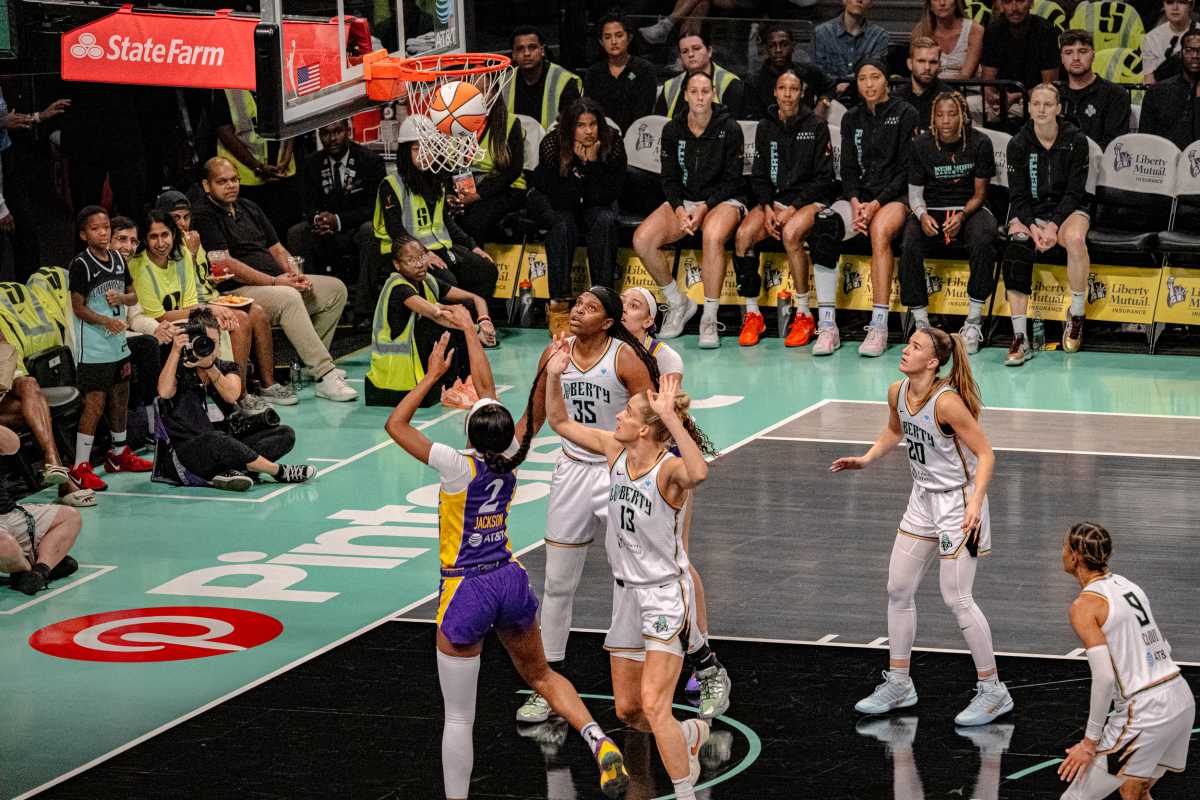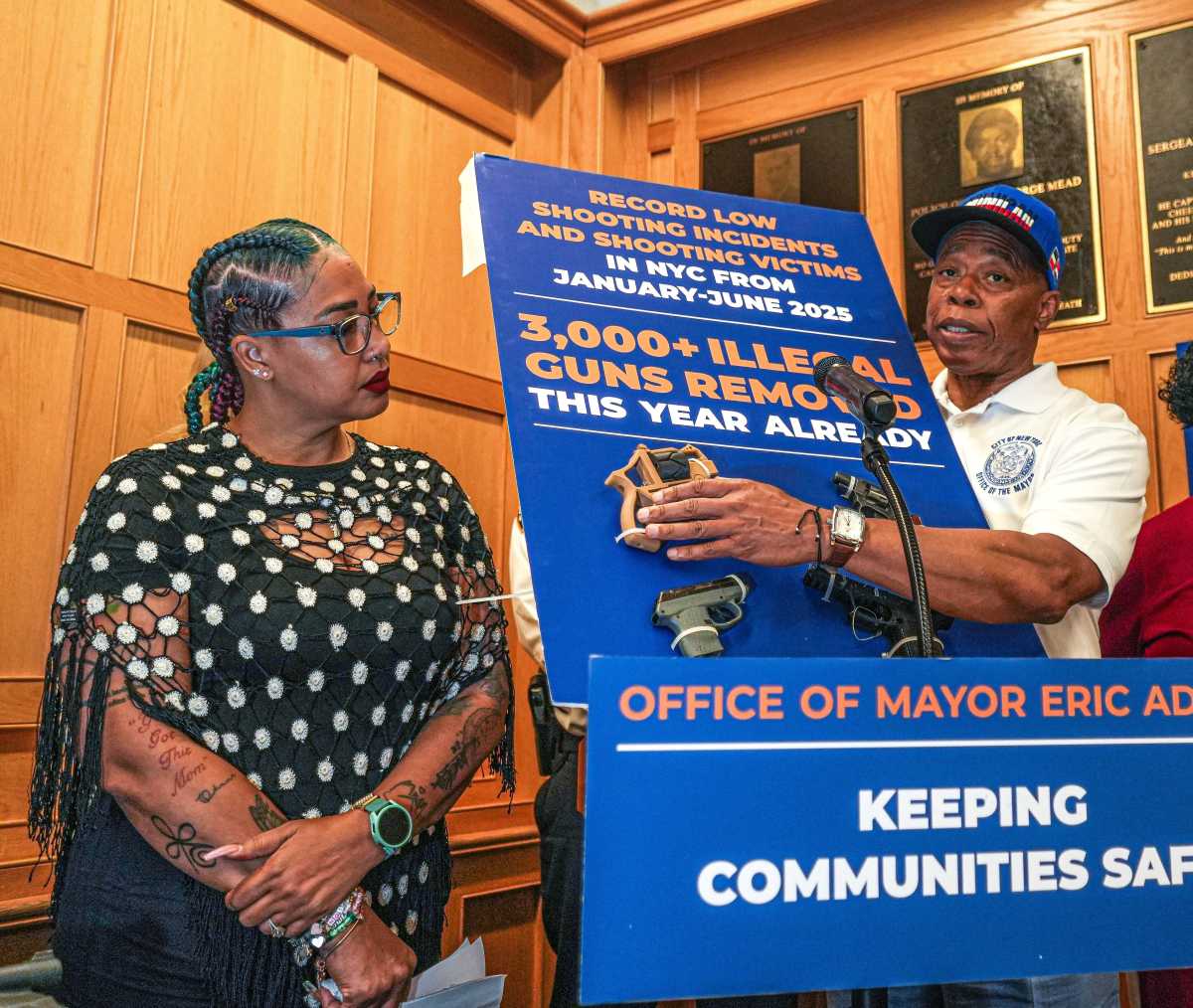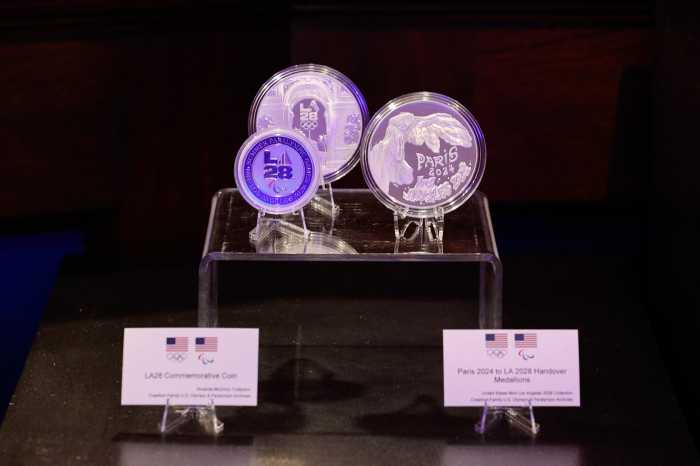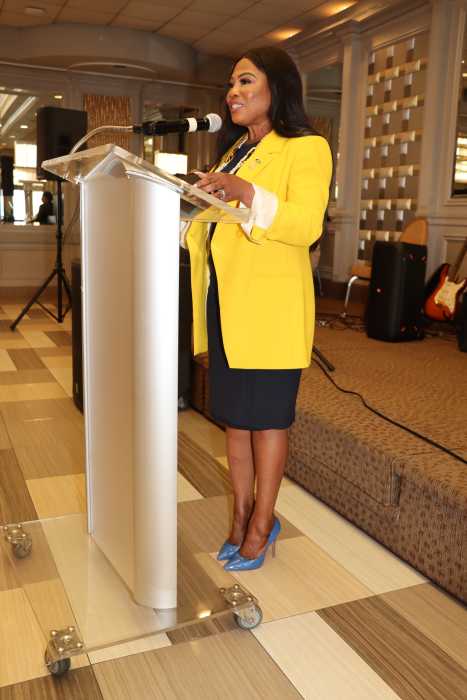The Civil Rights Act of 1964 not only banned employment discrimination based on religion, nationality and race, but also outlawed employment discrimination based on gender. As it turns out though, job descriptions may have gender bias even if we don’t realize it.
Totaljobs, one of the leading jobs boards in the U.K., analyzed just under 77,000 ads posted over a six-week period using their Gender Bias Decoder, Cosmo UK reported today. The results are actually astonishing.
They found over 478,000 words carrying gender bias, or “gender-coded language,” in the 77,000 ads they analyzed. This averaged to six male-coded or female-coded words per advertisement.
Male-gendered words included: “lead,” “analyze,” “competitive,” “active” and “confident.” Female-gendered words included: “support,” “understanding,” “dependable,” “committed” and “responsible.”
The subtle way most job adverts discriminate against genders https://t.co/d26t2UOF3A
— Cosmopolitan UK (@CosmopolitanUK) March 6, 2018
The research also found that senior level positions with titles such as “Head,” “Director” and “Partner” tend to be skewed toward male applicants and that industries such as education and catering have more of a female bias, whereas science and marketing have more of a male bias.
This “unconscious gender bias” in job ads was actually found to limit the number of applicants. Similar research from ZipRecruiter in the U.S. revealed that job ads with gender neutral language received up to 42 percent more applications than those with “gender-coded” language.
They, accordingly, suggest making phrases more neutral. For instance, you could replace the male biased word “strong” with “exceptional” in the following phrase: “We’re looking for strong…” Or, you could replace the female biased phrase “nurture and connect” with “provide great customer service.” Job recruiters should also check the language of their ads before posting them on career sites with tools such as the Gender Bias Decoder.
Totaljobs made an important point, noting that “women are of course, ambitious, analytical and confident,” but job ads are “unintentionally worded in a way that female applicants, even at an unconscious level, feel that they are not eligible to apply.” The impact on “the glass ceiling and gender pay disparity,” they state, “is huge.”
This is especially important if we’re trying to meet the TIME’S UP goal of 50/50 gender parity by 2020. As Meryl Streep said, “We are after 50/50 by 2020. Equal means equal.”

























